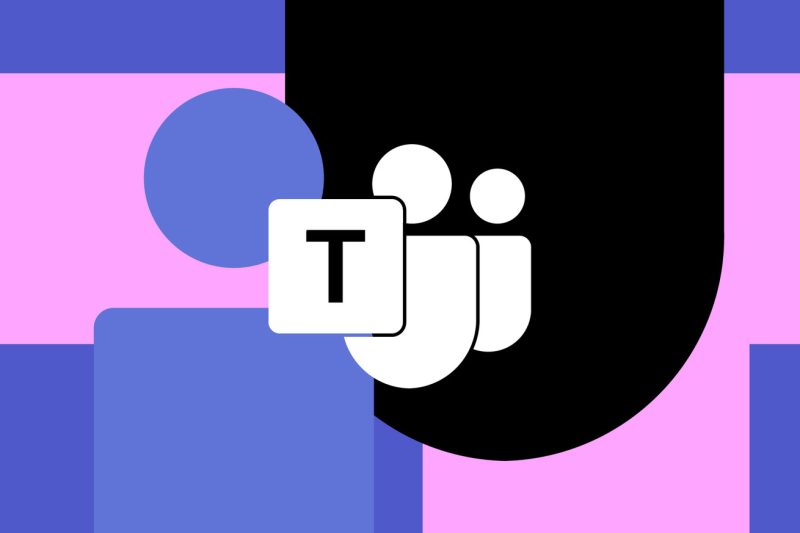In a recent turn of events, Microsoft Corporation has found itself in hot water yet again as the European Commission has charged the tech giant with antitrust violations relating to its bundling of the Teams communication platform with its popular Office productivity suite. The charges allege that Microsoft’s practice of integrating Teams into its Office suite gives it an unfair advantage in the market and undermines competition. Let’s delve into the implications of these charges and what it could mean for the future of Microsoft and the tech industry as a whole.
Microsoft’s bundling of Teams with Office has been a strategic move by the company to promote its collaboration tool, which has seen significant growth in recent years, especially during the global shift to remote work. By integrating Teams with its widely used Office software, Microsoft has been able to leverage its dominant position in the productivity software market to drive adoption of Teams among businesses and organizations. This bundling has not only made Teams more accessible to users but has also enabled Microsoft to create a seamless and integrated experience for its customers.
However, the European Commission’s charges against Microsoft highlight concerns about the potential anticompetitive effects of this bundling strategy. Critics argue that by pre-installing Teams with Office, Microsoft is stifling competition in the market for communication and collaboration tools. Competitors may find it challenging to compete with Microsoft on a level playing field, as the integration of Teams with Office could deter users from exploring alternative solutions offered by other companies.
Moreover, the charges raise questions about Microsoft’s compliance with antitrust regulations, particularly in the European Union where strict rules are in place to ensure fair competition in the market. If found guilty of antitrust violations, Microsoft could face hefty fines and be required to make changes to its bundling practices, potentially disrupting its current business strategy and market position.
The outcome of this case could have far-reaching implications not only for Microsoft but for the broader tech industry as well. It underscores the ongoing debate around the balance between innovation and competition in the digital market and the role of antitrust regulations in safeguarding fair competition. As technology continues to play an increasingly integral role in our lives, it is essential for regulators to closely monitor the actions of tech companies to prevent the emergence of monopolies that could harm consumers and stifle innovation.
In conclusion, the European Commission’s charges against Microsoft for antitrust violations related to the bundling of Teams with its Office suite highlight the complex dynamics at play in the tech industry. The outcome of this case will likely shape future competition policies and practices within the digital market, underscoring the importance of maintaining a competitive landscape that fosters innovation and benefits consumers. As the case unfolds, all eyes will be on Microsoft and the European Commission to see how this high-profile dispute will be resolved.

